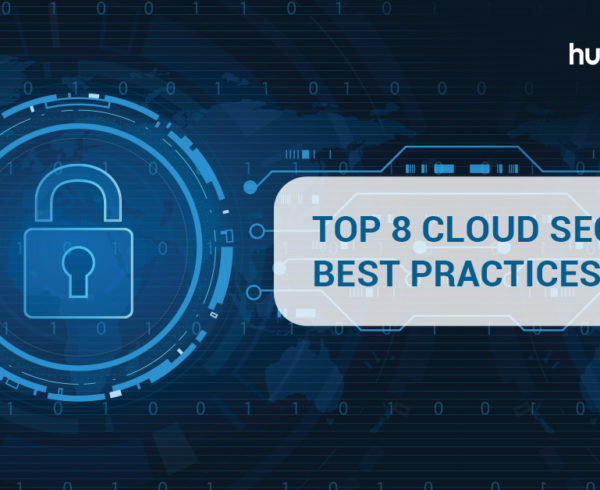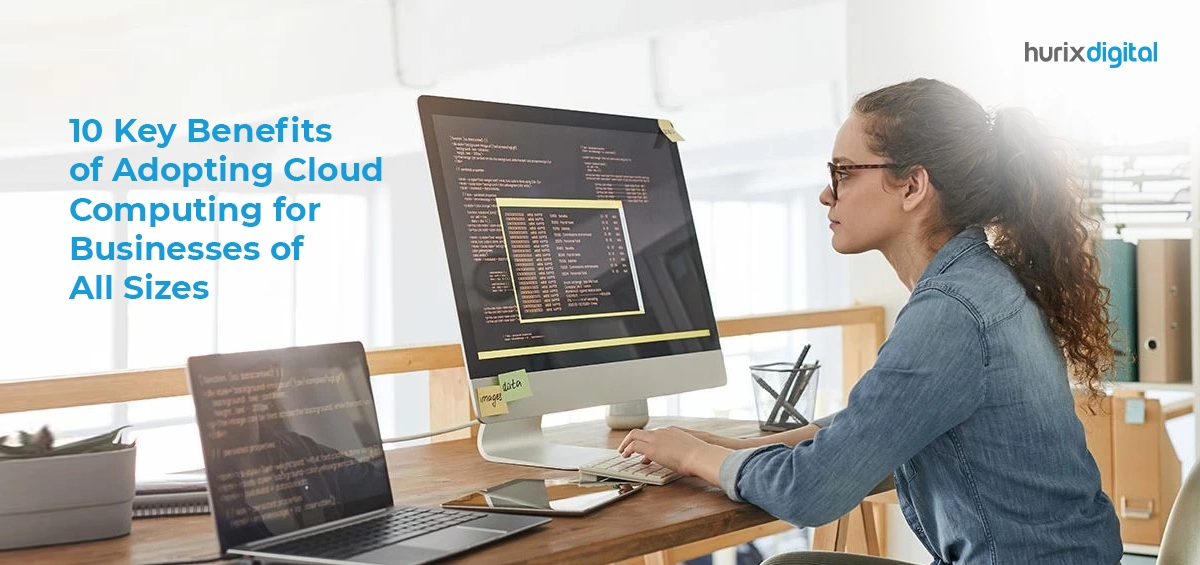Summary
The blog post focuses on the importance of robust cloud platform security. It highlights the need for implementing effective security measures such as access controls, data encryption, and regular audits. The post emphasizes the significance of choosing a trusted cloud service provider and maintaining a proactive security mindset to protect valuable data stored in the cloud.
Over the last decade, organizations around the globe have increasingly embraced cloud applications to innovate, transform their business, manage costs, and handle their increased workload. Applications that automate various business functions such as HR management, sales processes, file sharing, and collaboration are growing fast, enabling companies to meet their needs in a shorter time frame. Cloud applications are now in use across all industries, particularly in insurance, banking, and the public sector. A wide range of regulations and privacy laws make organizations responsible for protecting data and other regulated information. But when this data is stored on the cloud, companies have less control over leaks and thefts. The transition to the cloud has, therefore, brought the issue of cloud platform security to the forefront. The old method of adding static walls to on-site IT assets doesn’t work for the cloud, implying that cloud platform security needs a more robust approach.
Also Read: 10 Reasons Why You Should Outsource Your Cloud Management
Some companies make the mistake of assuming that the basic cloud platform security they have is good enough. But data leak headlines tell a different story. For instance, in 2019, a misconfigured Web application firewall enabled hackers to gain access to accounts and credit card details of 100 million customers of the financial corporation Capital One. The fact that data leaks of such magnitude can occur means that cloud platform security is a severe issue, which sometimes even big organizations are unable to deal with effectively.
Cloud platform security involves the use of various procedures and technology to secure cloud computing environments from all kinds of cybersecurity threats, be they external or internal. This cloud security management best practices are designed to prevent any unauthorized access to confidential data and keep all information safe from cybersecurity threats.
Also Read: How Can Enterprises Benefit from a Successful Cloud Migration
How to ensure cloud platform security for your business?
A holistic approach to cloud platform security can help companies overcome the risks. Before you protect your data and information on the cloud, you need to know who has access to it. The following questions can help you identify your authorized users:
- Who should have access to the information on the cloud?
- How to identify what content is proprietary, sensitive, or regulated?
- Where will this data reside in the cloud?
- What kinds of privacy, disclosure, and other laws apply to the data and other information?
Also Read: 6 Best Practices for Cloud Cost Optimization
The next step is to protect this information by following cloud platform security best practices.
- Encrypt Your Information: The first line of defense is to use a cloud service that encrypts your files both on the cloud and on your computers. This will ensure that your service providers or third-party administrators don’t have access to your private information. A baseline, unbreakable code can be used to encrypt sensitive information to protect it from unauthorized viewers. One way to achieve this is to install a cloud information protection platform at the network’s edge. This will ensure that your data on the cloud is fully protected before it leaves the organization. Also, it is a good idea to use an open platform that can support all cloud applications and integrate third-party tools to provide a stable platform for protection.
- Retain the keys: Once your data is encrypted, you must have the keys to decipher the information when you need it. This will ensure that you have complete control over the information and that you are in the loop for all information requests that are made, even if you are using third-party cloud services.
- Prevent Data Loss: To provide an additional layer of security and ensure complete control over your data, customize policies to scan, detect and take appropriate action to protect information based on its level of sensitivity.
- Use Anti-malware: A cloud transfers information over the Internet and so you must install strong antivirus and anti-malware program on all your cloud-using devices including laptops, PCs, smartphones, and tablets. This software helps in blocking suspicious URLs and downloads, and screen information exchanges, both internal and external, on cloud applications in real time.
- Read the User Agreement: Before signing up for a third-party cloud-hosted service, make sure to sign the dotted line only after you have read the complete user agreement. This agreement details how they will protect your information and whether you are in any way giving them permission to use or sell your data. Any time your service provider updates their privacy policy, they will inform you via email or an alert when you log in. Always read these notifications to ensure that the updates do not adversely impact your data and your cloud platform security is in no way affected.
- Set Up Your Privacy Settings: As soon as you sign up for a cloud service, immediately configure your privacy settings. With this in place, you won’t end up sharing your information through apps that connect you to your service provider. After the initial setup, check and reconfigure your settings every few weeks to keep your information safe.
- Use Two-factor Authentication (2FA): First, use a strong password for your account. Research shows that over 75% of cyber-attacks happen due to weak passwords. Avoid identifying information such as your name, birthday, or the name of your company. Use a combination of letters, special characters, and symbols. Also, when provided with an option, use two-factor authentication, which means that apart from your password, you will need additional information to sign into your account. Common methods for the second layer of identification include answering a secret question, providing a personal PIN, or inputting a code that your service provider texts or emails you.
Related Read: Top 8 Cloud Security Best Practices
In conclusion
The popularity of the cloud has given rise to several privacy laws and data residency restrictions across the globe. Businesses must ensure that they have appropriate security models in place to ensure that all their sensitive information is fully protected. By embracing cloud platform security solutions, they can safely extend their virtual boundaries while complying with all necessary privacy policies and regulations.
While most cloud providers attempt to create a secure cloud platform for their customers, they cannot control how customers use their service, what data they add to it, and to whom they provide access. Therefore, businesses and cloud service providers must share responsibility and ensure cloud platform security. Hurix Digital takes care of your cloud management and security needs.
Get in touch with Hurix today!










